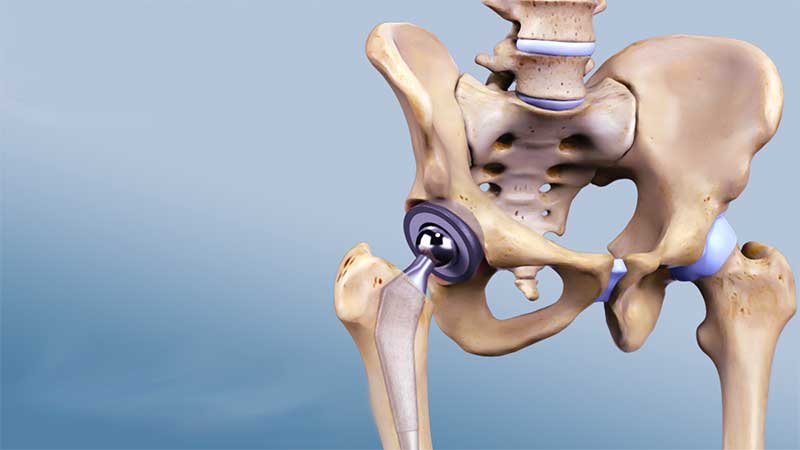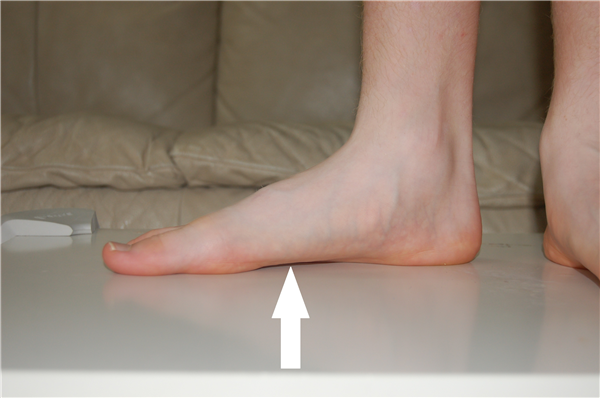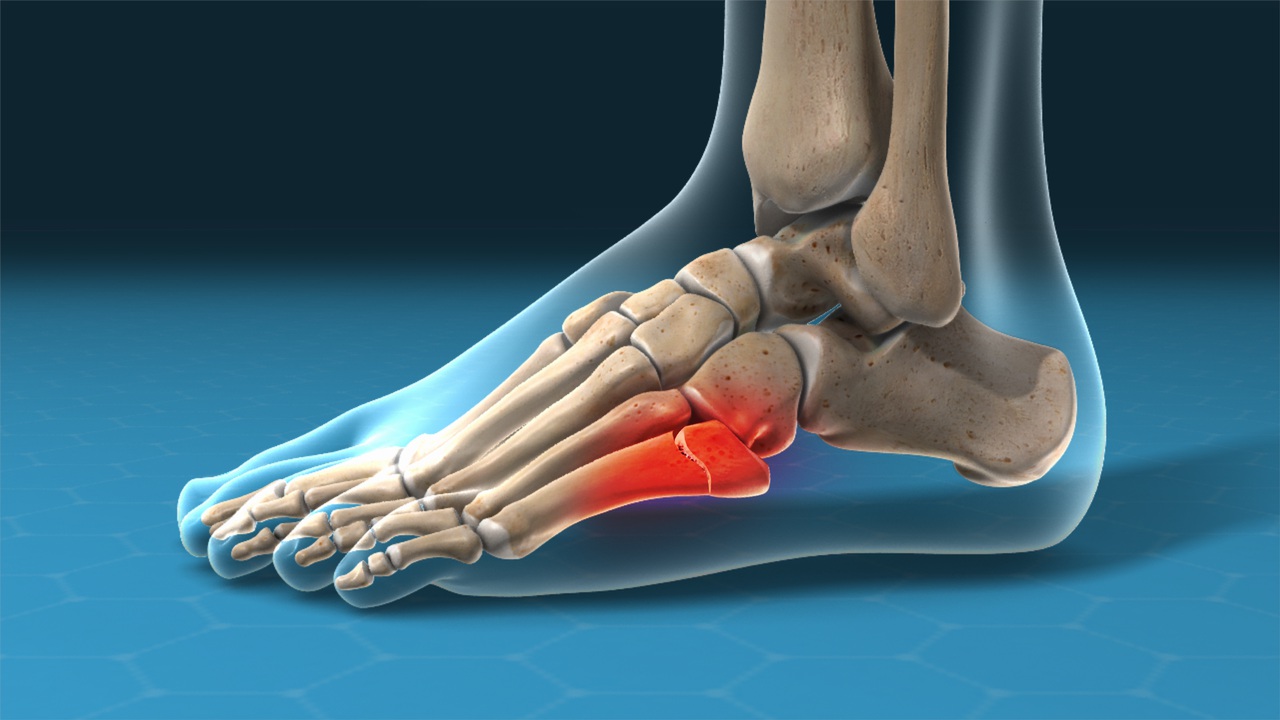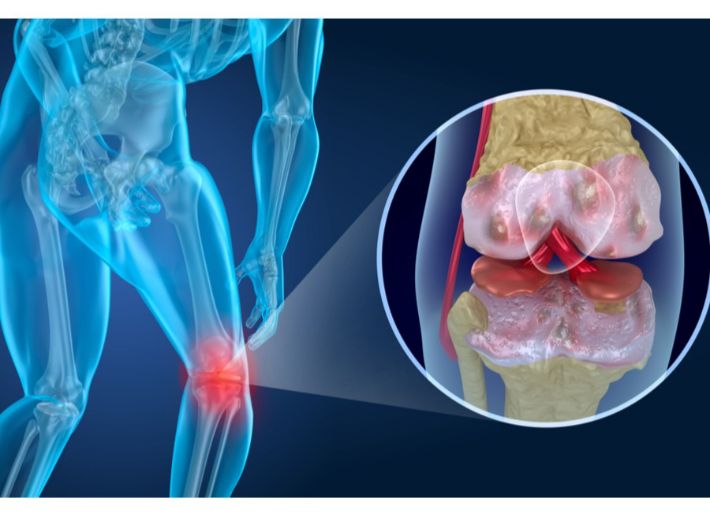What are the harms of Betaphos injections? And what is the difference between Deprophos and Betaphos?
Harms of Betaphos Injections
Betaphos injections are considered anti-inflammatory medications widely used in treating various diseases and different health conditions. However, there could be some potential harms associated with the use of this medication that one should be aware of.
In this article, we will look at some of the common harms that might occur from Betaphos injections and what can be done to avoid them.
- Local Side Effects: When injected into a joint, some local side effects such as redness and swelling at the injection site may occur. These symptoms are usually temporary and disappear after a short period. The symptoms can be alleviated by using cold packs or ice wrapped in nylon cloth for local cooling of the joint after the injection.
- Drug Interactions: It is advisable to inform the doctor about any medications that are being taken regularly before using Betaphos to avoid any harmful drug interactions. Among the medications that should be disclosed to the doctor include phenobarbital (sedative), acetylsalicylic acid (aspirin), and somatotropin (growth hormone).
- Weight Gain: Weight gain is one of the common side effects of using Betaphos. However, these effects should be considered carefully, especially in the case of prolonged use of this medication, as they can increase the risk of other potential side effects.
- Joint Infections: Some individuals may suffer from joint infections due to prolonged Betaphos injections. It is strongly discouraged to inject cortisone for extended periods in the joints due to the increased risk of infection and nerve damage.
- Nervous System Disorders: Prolonged Betaphos injections may cause problems in the nervous system such as nerve damage, vision disturbances, and mood changes. It is important to consult a doctor if any of these symptoms appear and worsen.
It is noteworthy that this is not a comprehensive list of all potential harms of Betaphos injections; thus, one should consult the treating physician before using the medication and strictly follow medical instructions.
Betaphos injections are among the most common medications for treatment of inflammations and various health conditions. However, individuals should be aware of the potential harms of this medication. These harms may include local effects, harmful drug interactions, weight gain, joint inflammation, and nervous system disorders. It is important to consult the treating physician before using this medication and to follow medical instructions accurately.
What is the difference between Deprofos and Betaphos injections?
Deprofos and Betaphos injections are common medications used to treat inflammations and allergies in the body. Although they may contain the same active ingredient and work in the same therapeutic direction, there are some differences between them. In this article, we will explore the main differences between Deprofos and Betaphos and their effects on the body.
Medicinal Ingredients:
- Deprofos injections contain the anti-inflammatory substance deprolonol.
- Betaphos injections contain the corticosteroid substance betamethasone.
Therapeutic Categories:
- Deprofos injections are used for treating joint inflammations and skin inflammations.
- Betaphos injections are used to treat skin inflammations and allergies, as well as asthma.
Mechanism of Action:
- Deprofos works by inhibiting cells responsible for swelling and inflammation, which helps alleviate pain and swelling.
- Betaphos works by suppressing the immune system activity to reduce allergy, swelling, and congestion.
Usage Method:
- Deprofos is administered topically or through intramuscular injection.
- Betaphos can be used topically or through intramuscular injection.
Recommended Use:
- Deprofos is used to treat localized joint inflammations and skin inflammations such as psoriasis.
- Betaphos is used to treat a wide range of skin inflammations and allergies, in addition to asthma.
Side Effects:
- Common side effects shared between Deprofos and Betaphos injections may include redness and swelling at the injection area.
- Some rare side effects of Betaphos injections may include weight gain, increased blood pressure, and facial swelling.
When dealing with either of these injections, an individual should consult a doctor to assess the overall health condition and determine the appropriate dosage and duration required for optimal treatment. Treatment details may vary according to each individual’s needs, and therefore no medication should be used without consulting the treating physician.
In general, Deprofos and Betaphos injections are effective treatments for inflammations and allergies, but caution should be exercised and the physician’s directions followed to ensure the desired results are achieved and to avoid any unwanted side effects.
How long does the effect of a Deprofos injection last?
“How long does the effect of a Deprofos injection last?” This is one of the frequently asked questions among individuals who suffer from chronic allergies or other conditions that may require a Deprofos injection to alleviate symptoms. This article provides a comprehensive answer to this question, along with some other useful information.
Before we discuss the duration of the effect of a Deprofos injection, let’s briefly look at the medication itself. Deprofos contains the active ingredient diclofenac sodium, which is part of the non-steroidal anti-inflammatory drugs (NSAIDs) category. Deprofos works by inhibiting the cyclooxygenase (COX) enzyme, which contributes to the production of inflammatory compounds in the body. Thanks to its anti-inflammatory and pain-relieving effects, Deprofos is commonly used to treat cases of allergies and chronic inflammations.
Now, to address the main question – how long does the effect of a Deprofos injection last? It is important to understand that the duration of the effect of the Deprofos drug may vary slightly from one person to another and depends on several factors such as the administered dose and the body’s response to the medication. However, according to studies and clinical experience, the effect of a Deprofos injection is noticeable about 4 hours after receiving the shot. Patients typically start to feel an improvement in symptoms associated with allergies and inflammation during this period.
The duration of Deprofos’s effect also varies depending on the method of injection application. If Deprofos is taken via intramuscular injection, its effectiveness is expected to last for a period ranging between two weeks to a month. If Deprofos is injected directly into the affected area, its effect may last for only one day.
It is important to note that a doctor should be consulted before using Deprofos or any other medication. Because several factors affect the duration of the drug’s effect, doctors may need to adjust the dosage and its timing according to the patient’s health condition and accompanying symptoms.
In conclusion, the Deprofos injection is an effective option for treating allergies and chronic inflammations, and its effect usually begins 4 hours after the injection. It is important to know that the actual duration of its effect can vary among individuals according to different personal factors. Therefore, people using this medication should follow the doctor’s instructions and report any changes in symptoms to adjust the dosage accordingly.
Is a Deprofos injection cortisone?
Yes, the Deprofos injection (Depo-Medrol) contains cortisone (a corticosteroid) as an active substance. Cortisone is a type of corticosteroid that is used to reduce inflammation and alleviate pain in many medical conditions.
Cortisone injections are used to treat inflammation and pain in many health issues, including arthritis, muscle inflammation, tendonitis, spinal pain, skin inflammations, eye inflammations, ear inflammations, and many other conditions. Cortisone injections are usually given directly into the affected area of inflammation or pain to provide a localized effect.
Cortisone injections should be used under medical supervision, and the appropriate dosage and frequency are determined based on the type and severity of the health problem. They must be used with caution and according to the doctor’s instructions, as they can have side effects if used improperly or excessively.
What is an alternative to Depo-Provera injections?
Depo-Provera may be the right medication for treating skin inflammations and psoriasis and relieving itching, but in some cases, patients may need to look for a suitable alternative to this drug. Searching for an alternative can be difficult since Depo-Provera contains a specific substance called betamethasone dipropionate, which is considered an effective substance for treating skin conditions.
However, there are several possible alternatives to Depo-Provera injections that can be successfully used in some cases. In this article, we will discuss some of these possible alternatives:
- Betamethasone dipropionate: These alternatives contain the same active substance as Depo-Provera injections, which is betamethasone dipropionate. They are used to treat skin problems such as inflammations and allergies. They can be administered topically or via injection.
- Diprolene: This medication is a good alternative to Depo-Provera, containing a type of anti-inflammatory steroid. It is usually used to treat psoriasis and other skin inflammations and may have a strong effect in alleviating the accompanying symptoms.
- Betamethasone dipropionate and mupirocin ointment: This substance is ideal for topical use in cases of itching, redness, and allergies, capable of calming the symptoms effectively and quickly.
- Betamethasone dipropionate and calcipotriene: These alternatives contain two active substances, betamethasone dipropionate and calcipotriene. They are typically used to treat chronic and severe skin diseases such as psoriasis and contact dermatitis.
- Betamethasone dipropionate and halobetasol: These alternatives contain two active substances, betamethasone dipropionate and halobetasol. This substance is used in treating the chronic symptoms of skin inflammations.
It is worth noting that the use of alternatives for Diprofos injections should be done under the supervision of a specialized doctor. A doctor should be consulted to determine the most suitable alternative according to the patient’s condition and medical history.
In the end, it must be taken into account that personal factors and potential drug interactions should be at the forefront of consideration when looking for an appropriate alternative for Diprofos injections. The patient should review with their doctor to obtain an accurate diagnosis and a recommendation for the appropriate treatment.
Why are Diprofos injections used?
Diprofos injections are medications used to treat a variety of conditions and diseases, containing an active substance called Betamethasone. This medication is used only by prescription and based on the recommendation of a specialized doctor.
Here are some common uses for Diprofos injections:
- Joint inflammation: Diprofos injections may be used to treat joint inflammations and alleviate associated symptoms, such as pain, swelling, including rheumatoid arthritis and gouty arthritis.
- Allergies and asthma: Diprofos injections are one of the types of anti-allergy medications, and they are used to control various allergy symptoms such as itching, skin rash, and respiratory sensitivity associated with asthma.
- Skin diseases: Diprofos injections are used to treat many skin diseases such as skin inflammations, eczema, psoriasis, and seborrheic dermatitis. It helps in relieving annoying symptoms and reducing inflammation in the skin.
- Pulmonary diseases: Diprofos injections are also used to treat pulmonary diseases such as bronchitis, severe asthma, and chronic bronchial inflammation. It helps to improve the functions of the respiratory system and reduce inflammations.
- Other conditions: Diprofos injections may be used in other cases as a palliative treatment, such as leukemia, lymphoma, ulcerative colitis, tropical diarrhea, and adrenogenital syndrome.
Note that the use of Diprofos injections should be done with care and under the supervision of a specialized doctor. Diprofos ampoules may contain benzyl alcohol, which can be harmful to infants and newborn babies. Therefore, it is not recommended to administer this medicine to children under the age of 6 years. It is also not advisable to exceed the prescribed doses or use it for long periods for pregnant women, but low doses generally do not affect infants when used consciously.
It is essential to follow the instructions provided by your doctor regarding the proper use of Diprofos injections. You should direct any questions about medication dosages or treatment periods to your specialized doctor. An emergency relapse may occur if the use of Diprofos injections or any other medications containing Betamethasone is not reported.
Important: Before using any medication, you should consult your doctor and ensure your medical recommendation.
When does the effect of Betavos injection start?
The Betavos (Betavos) injection is considered one of the common treatments used in treating inflammations and allergies. Although it achieves positive results in alleviating chronic and acute symptoms of arthritis, tendonitis, allergies, asthma, and others, individuals undergoing this treatment might be concerned about when the effect of the Betavos injection starts and when its effect wears off.
The Betavos injection works by injecting the appropriate dose of the active substance – cortisone – into the body. Cortisone is a hormonal compound secreted by the adrenal gland and has an effect on regulating inflammation and allergy in the body.
Typically, the Betavos injection starts to take effect approximately two hours after being injected into the muscle. The range of variation in the time it takes for its effects to appear differs among individuals, largely depending on the person’s health condition and their response to the treatment.
Generally, it can be said that the effect of the Betavos injection lasts several days or even a few weeks in some cases. However, it is necessary to consult a specialist doctor to determine the duration of the injection’s effect more accurately according to the condition of each individual.
It is noteworthy that achieving a noticeable effect may require the repeated use of Betavos injections at regular intervals and according to the doctor’s directions. Typically, this type of treatment achieves the best results when used as part of a comprehensive treatment program that also includes other medications and recommendations for improving the patient’s overall condition.
It is essential to take all necessary precautions when using the Betavos injection, including consulting a specialist doctor and following correct health instructions. Some cases may require close medical follow-up and adjustment of treatment doses according to the patient’s condition.
In the end, the patient must be patient and strictly follow health instructions to ensure the maximum benefit from the Betavos injection and to generally improve their health condition.




















